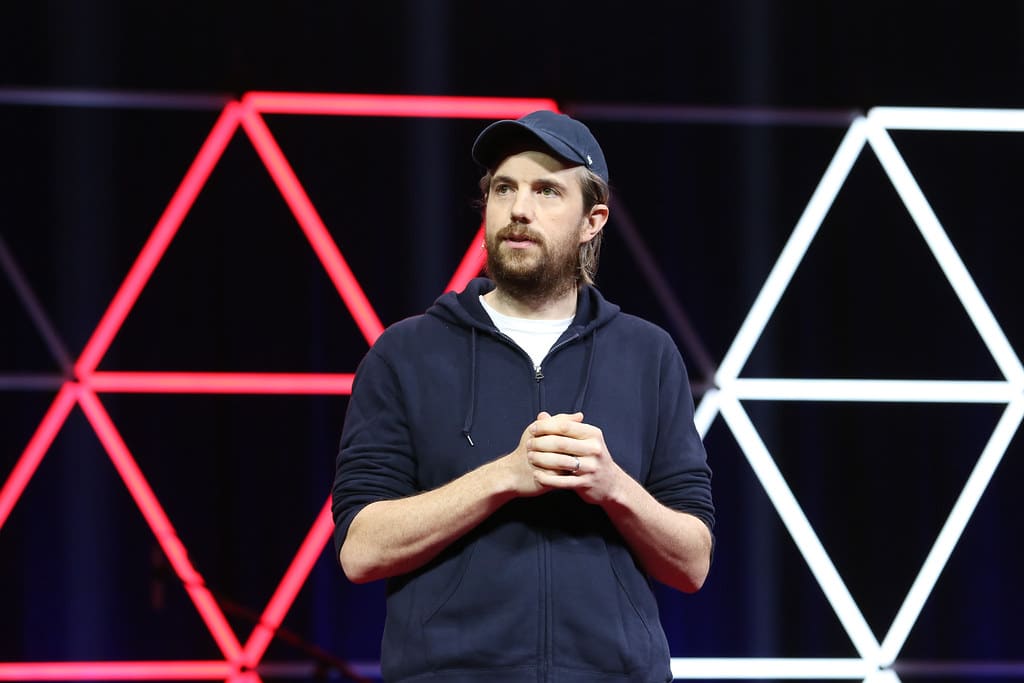A tech billionaire and vocal climate activist has successfully forced a top polluter in Australia to abandon its proposed corporate strategy after buying shares in the company.
—
AGL Energy is Australia’s largest emitter of scope-one greenhouse gases (direct emissions), accounting for about 8% the country’s emissions – a nation that has the highest emissions per capita. Despite previously indicating that it would accelerate its transition away from coal, the company has proposed to split its retail and power-generation assets, which could destroy its value and give the new companies less ability to implement a quick transition to renewable energy.
Under the proposed plan, the country’s top polluter and biggest electricity generator will likely keep its coal-fire plants running for another two decades – until up to 2045, which means they not meet net zero emissions until about 2047.
The co-founder of Atlassian Corp and Australia’s fourth-richest person Mike Cannon-Brookes has been a vocal advocate for climate action and has used his wealth and social media following to lobby lawmakers and fellow billionaires to take more action. In 2017, Cannon-Brookes challenged Tesla CEO Elon Musk to help fix power failures in South Australia by installing a battery plant, in which he was successful. The following year, he went on a social media offensive, calling out former Prime Minister Scott Morrison and the government’s lack of action and commitment to promote cleaner energy sources.
Cannon-Brookes also argues that coal plants need to be closed far more rapidly to cut greenhouse gas emissions. Earlier this year, he joined a failed takeover approach for AGL, proposing to take the company private, close its three coal plants earlier, as well as invest A$20bn in renewable energy.
But Cannon-Brookes was not deterred. He amassed an 11.3% stake in the company and became its largest shareholder. Using his voting power, and persuading other shareholders with at least 25% of voting power, they were able to oppose the company’s restructure plan, and have them agree to use the entire group’s balance sheet to fund investment in renewables. AGL’s chief executive officer and chairman will also exit the utility.
AGL released a statement that investors agree with Cannon-Brookes’s vision, and that the company “needs to be kept together to take advantage of the economic opportunity presented by decarbonisation.” The tech tycoon also celebrated the announcement on Twitter, saying that “we embrace the opportunities of decarbonisation with Aussie courage, tenacity and creativity. Lots of work but we can do this.”
The AGL takeover is one of the most successful examples of investor-led climate activism, and follows just a week after Australia voted for a new government that has promised to put climate change on the forefront of policies, signifying a progressive trend in greater cimate action Down Under.
You might also like: 10 Inspiring Young Climate Activists Leading the Way on Global Climate Action
Featured image by: Katie Barget/TEDxSydney (CC BY-NC-ND 2.0)


















